Permanent vs. general special prosecutors: What's the difference?
입력 2024.12.12 (00:15)
읽어주기 기능은 크롬기반의
브라우저에서만 사용하실 수 있습니다.
[Anchor]
As multiple agencies are conducting investigations simultaneously, it seems that the general special prosecutor bill will be processed in the National Assembly's plenary session tomorrow (12.12).
The candidate recommendation process for the permanent special prosecutor has already begun.
In addition to the prosecution, police, and the Corruption Investigation Office for High-ranking Officials (CIO), two special prosecutors will be added, so how will the investigations proceed in the future? Reporter Hong Jin-ah will explain.
[Report]
The special prosecutor bill to investigate the emergency martial law and allegations of insurrection has passed the National Assembly's Legislation and Judiciary Committee solely by the opposition party.
The Democratic Party plans to process the special prosecutor bill in the National Assembly's plenary session tomorrow.
The bill states that if the opposition party recommends two candidates, the president will appoint one of them.
If the president does not appoint, the oldest candidate among them will be appointed.
However, since this is a new bill, President Yoon Suk Yeol may exercise his veto power.
This is different from the permanent special prosecutor proposal that has already passed the plenary session.
The permanent special prosecutor will be activated immediately once the investigation proposal is passed based on the law enacted in 2014, and it is not subject to the president's veto.
National Assembly Speaker Woo Won-shik sent the list of four candidates for the permanent special prosecutor recommended by the opposition party to the presidential office today (12.11).
The president must appoint one of the special prosecutor candidates proposed by the recommendation committee, but if he does not appoint, there is no provision to enforce this, which may delay the launch.
While the permanent special prosecutor for insurrection allegation is limited to a maximum of five dispatched prosecutors and a 90-day investigation period, the general special prosecutor will have a maximum of 40 dispatched prosecutors and an investigation period of up to 150 days, making it the largest scale and longest investigation period among special prosecutors to date.
As the police, the CIO, and the Ministry of National Defense have launched a joint investigation headquarters, once the special prosecutor is activated, all investigative agencies must cooperate with the special prosecutor's investigation.
If the general special prosecutor is activated, even if the permanent special prosecutor is already established and investigating, they must hand over the case and personnel and resign, and the permanent special prosecutor can support the general special prosecutor.
This is KBS News, Hong Jin-ah.
As multiple agencies are conducting investigations simultaneously, it seems that the general special prosecutor bill will be processed in the National Assembly's plenary session tomorrow (12.12).
The candidate recommendation process for the permanent special prosecutor has already begun.
In addition to the prosecution, police, and the Corruption Investigation Office for High-ranking Officials (CIO), two special prosecutors will be added, so how will the investigations proceed in the future? Reporter Hong Jin-ah will explain.
[Report]
The special prosecutor bill to investigate the emergency martial law and allegations of insurrection has passed the National Assembly's Legislation and Judiciary Committee solely by the opposition party.
The Democratic Party plans to process the special prosecutor bill in the National Assembly's plenary session tomorrow.
The bill states that if the opposition party recommends two candidates, the president will appoint one of them.
If the president does not appoint, the oldest candidate among them will be appointed.
However, since this is a new bill, President Yoon Suk Yeol may exercise his veto power.
This is different from the permanent special prosecutor proposal that has already passed the plenary session.
The permanent special prosecutor will be activated immediately once the investigation proposal is passed based on the law enacted in 2014, and it is not subject to the president's veto.
National Assembly Speaker Woo Won-shik sent the list of four candidates for the permanent special prosecutor recommended by the opposition party to the presidential office today (12.11).
The president must appoint one of the special prosecutor candidates proposed by the recommendation committee, but if he does not appoint, there is no provision to enforce this, which may delay the launch.
While the permanent special prosecutor for insurrection allegation is limited to a maximum of five dispatched prosecutors and a 90-day investigation period, the general special prosecutor will have a maximum of 40 dispatched prosecutors and an investigation period of up to 150 days, making it the largest scale and longest investigation period among special prosecutors to date.
As the police, the CIO, and the Ministry of National Defense have launched a joint investigation headquarters, once the special prosecutor is activated, all investigative agencies must cooperate with the special prosecutor's investigation.
If the general special prosecutor is activated, even if the permanent special prosecutor is already established and investigating, they must hand over the case and personnel and resign, and the permanent special prosecutor can support the general special prosecutor.
This is KBS News, Hong Jin-ah.
■ 제보하기
▷ 카카오톡 : 'KBS제보' 검색, 채널 추가
▷ 전화 : 02-781-1234, 4444
▷ 이메일 : kbs1234@kbs.co.kr
▷ 유튜브, 네이버, 카카오에서도 KBS뉴스를 구독해주세요!
- Permanent vs. general special prosecutors: What's the difference?
-
- 입력 2024-12-12 00:15:33
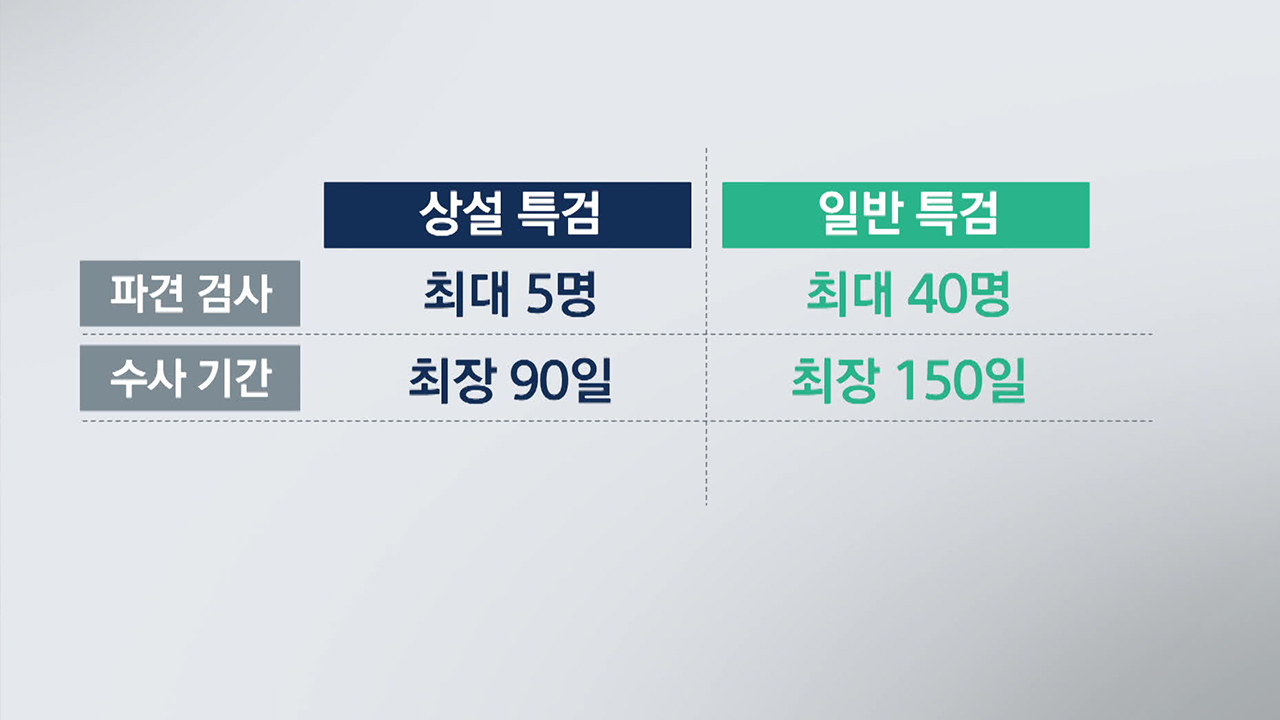
[Anchor]
As multiple agencies are conducting investigations simultaneously, it seems that the general special prosecutor bill will be processed in the National Assembly's plenary session tomorrow (12.12).
The candidate recommendation process for the permanent special prosecutor has already begun.
In addition to the prosecution, police, and the Corruption Investigation Office for High-ranking Officials (CIO), two special prosecutors will be added, so how will the investigations proceed in the future? Reporter Hong Jin-ah will explain.
[Report]
The special prosecutor bill to investigate the emergency martial law and allegations of insurrection has passed the National Assembly's Legislation and Judiciary Committee solely by the opposition party.
The Democratic Party plans to process the special prosecutor bill in the National Assembly's plenary session tomorrow.
The bill states that if the opposition party recommends two candidates, the president will appoint one of them.
If the president does not appoint, the oldest candidate among them will be appointed.
However, since this is a new bill, President Yoon Suk Yeol may exercise his veto power.
This is different from the permanent special prosecutor proposal that has already passed the plenary session.
The permanent special prosecutor will be activated immediately once the investigation proposal is passed based on the law enacted in 2014, and it is not subject to the president's veto.
National Assembly Speaker Woo Won-shik sent the list of four candidates for the permanent special prosecutor recommended by the opposition party to the presidential office today (12.11).
The president must appoint one of the special prosecutor candidates proposed by the recommendation committee, but if he does not appoint, there is no provision to enforce this, which may delay the launch.
While the permanent special prosecutor for insurrection allegation is limited to a maximum of five dispatched prosecutors and a 90-day investigation period, the general special prosecutor will have a maximum of 40 dispatched prosecutors and an investigation period of up to 150 days, making it the largest scale and longest investigation period among special prosecutors to date.
As the police, the CIO, and the Ministry of National Defense have launched a joint investigation headquarters, once the special prosecutor is activated, all investigative agencies must cooperate with the special prosecutor's investigation.
If the general special prosecutor is activated, even if the permanent special prosecutor is already established and investigating, they must hand over the case and personnel and resign, and the permanent special prosecutor can support the general special prosecutor.
This is KBS News, Hong Jin-ah.
As multiple agencies are conducting investigations simultaneously, it seems that the general special prosecutor bill will be processed in the National Assembly's plenary session tomorrow (12.12).
The candidate recommendation process for the permanent special prosecutor has already begun.
In addition to the prosecution, police, and the Corruption Investigation Office for High-ranking Officials (CIO), two special prosecutors will be added, so how will the investigations proceed in the future? Reporter Hong Jin-ah will explain.
[Report]
The special prosecutor bill to investigate the emergency martial law and allegations of insurrection has passed the National Assembly's Legislation and Judiciary Committee solely by the opposition party.
The Democratic Party plans to process the special prosecutor bill in the National Assembly's plenary session tomorrow.
The bill states that if the opposition party recommends two candidates, the president will appoint one of them.
If the president does not appoint, the oldest candidate among them will be appointed.
However, since this is a new bill, President Yoon Suk Yeol may exercise his veto power.
This is different from the permanent special prosecutor proposal that has already passed the plenary session.
The permanent special prosecutor will be activated immediately once the investigation proposal is passed based on the law enacted in 2014, and it is not subject to the president's veto.
National Assembly Speaker Woo Won-shik sent the list of four candidates for the permanent special prosecutor recommended by the opposition party to the presidential office today (12.11).
The president must appoint one of the special prosecutor candidates proposed by the recommendation committee, but if he does not appoint, there is no provision to enforce this, which may delay the launch.
While the permanent special prosecutor for insurrection allegation is limited to a maximum of five dispatched prosecutors and a 90-day investigation period, the general special prosecutor will have a maximum of 40 dispatched prosecutors and an investigation period of up to 150 days, making it the largest scale and longest investigation period among special prosecutors to date.
As the police, the CIO, and the Ministry of National Defense have launched a joint investigation headquarters, once the special prosecutor is activated, all investigative agencies must cooperate with the special prosecutor's investigation.
If the general special prosecutor is activated, even if the permanent special prosecutor is already established and investigating, they must hand over the case and personnel and resign, and the permanent special prosecutor can support the general special prosecutor.
This is KBS News, Hong Jin-ah.
-
-

홍진아 기자 gina@kbs.co.kr
홍진아 기자의 기사 모음
-
이 기사가 좋으셨다면
-
좋아요
0
-
응원해요
0
-
후속 원해요
0










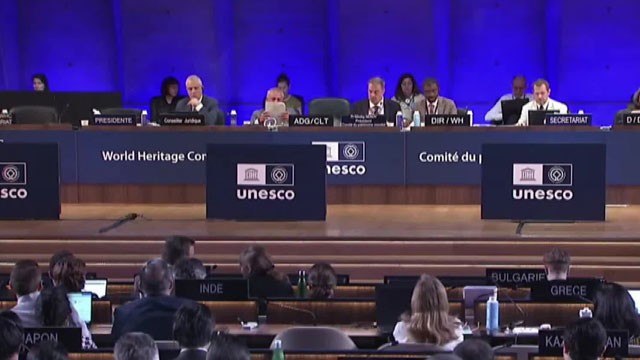
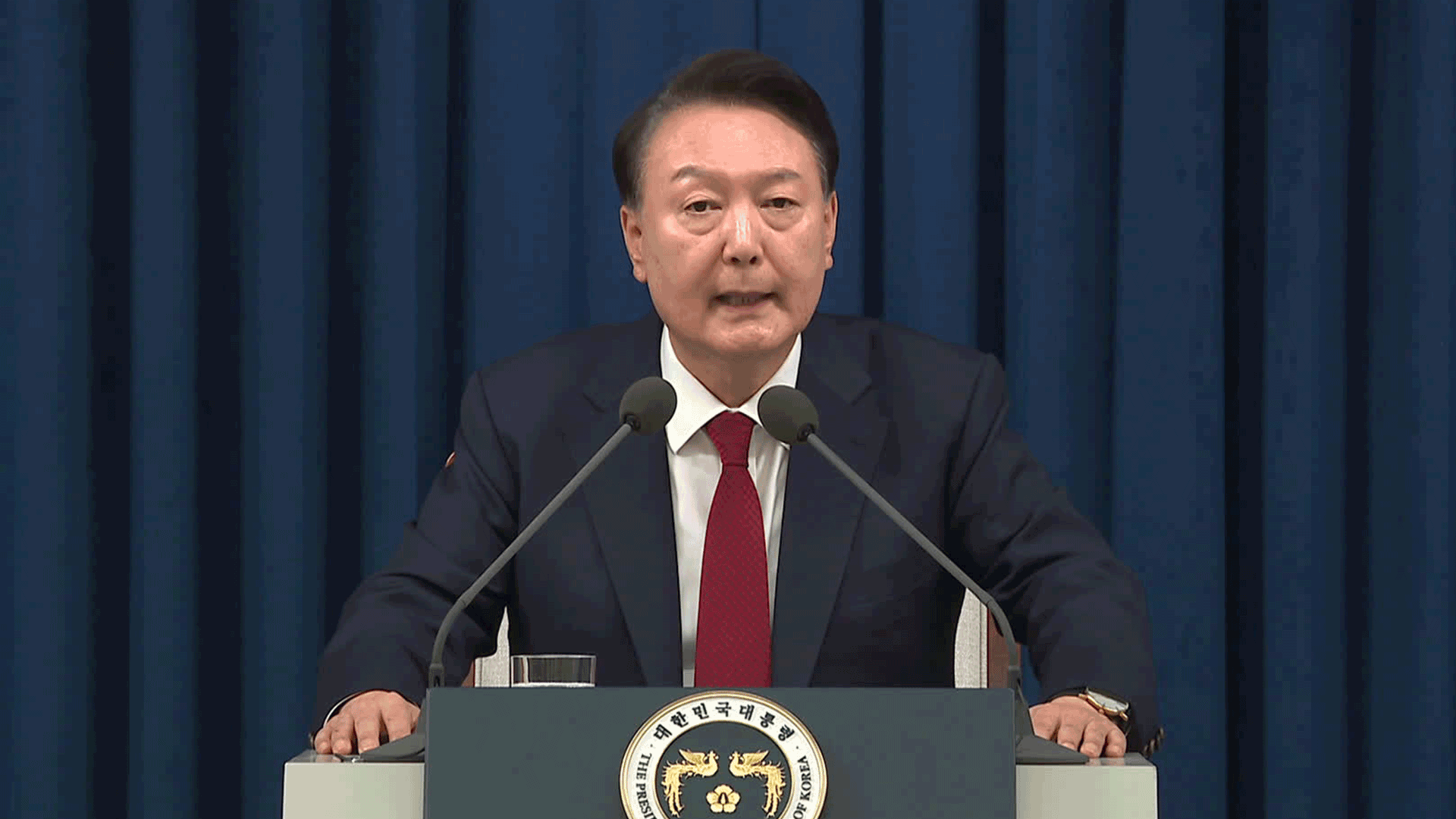
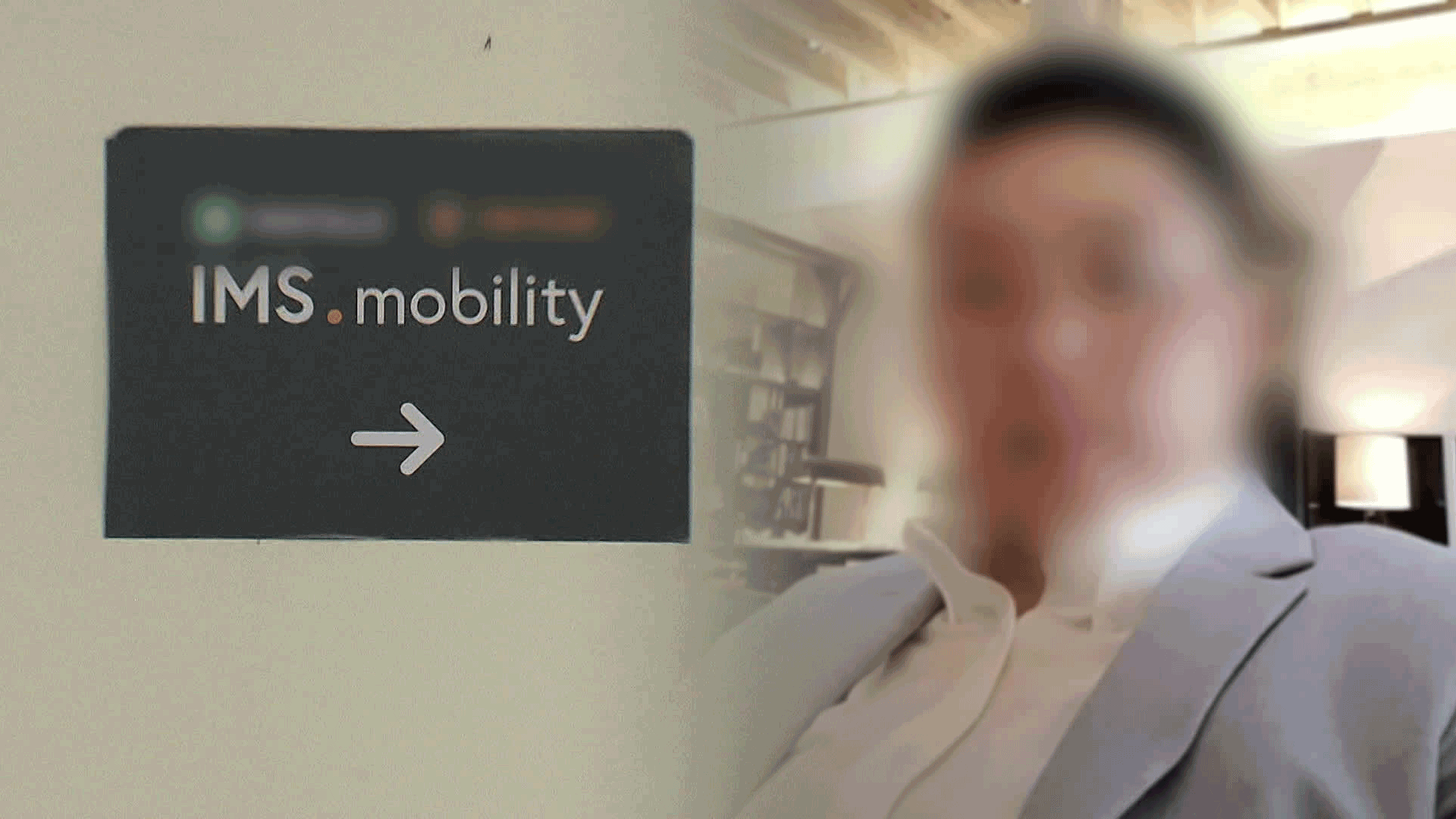
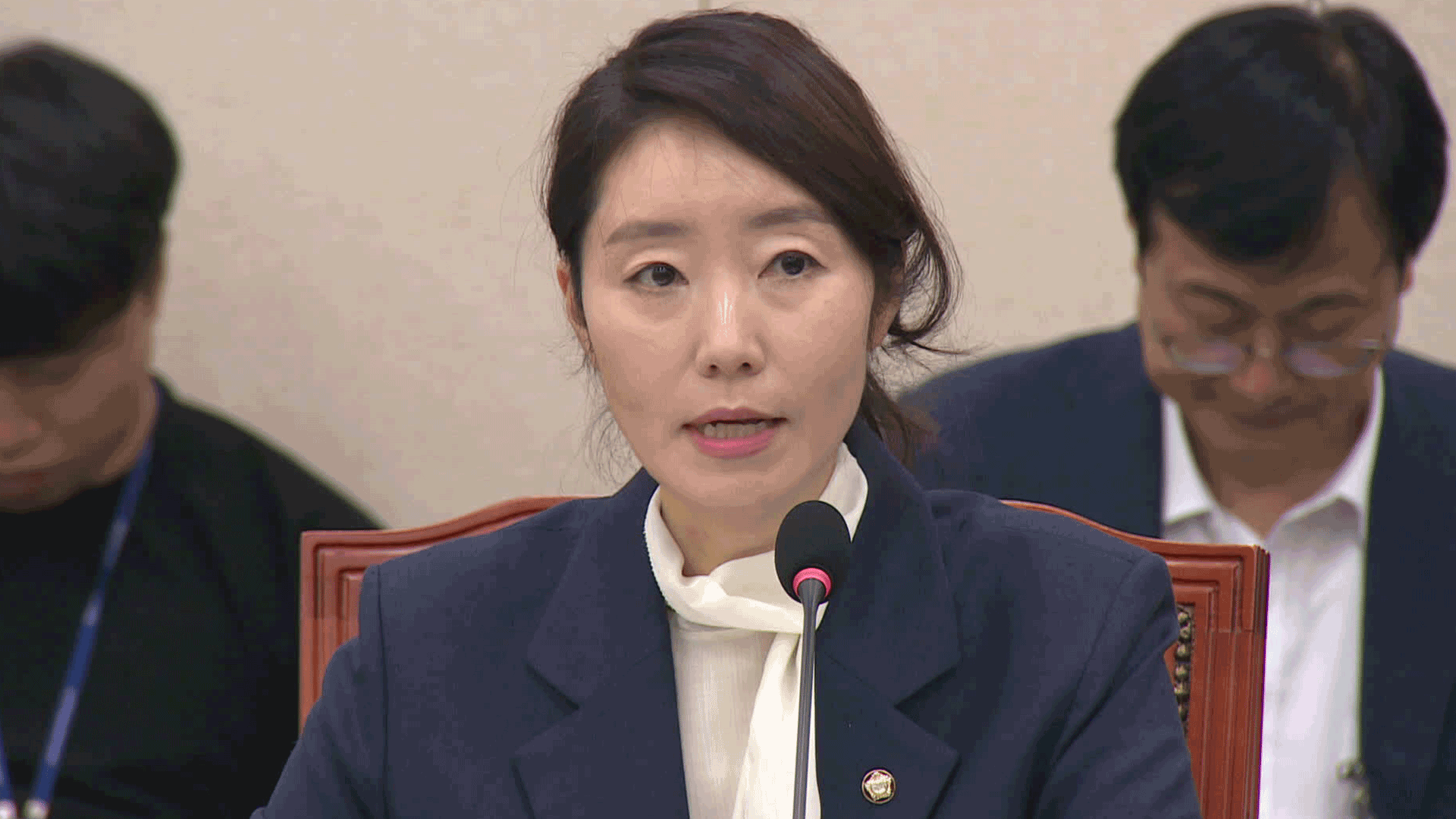

이 기사에 대한 의견을 남겨주세요.